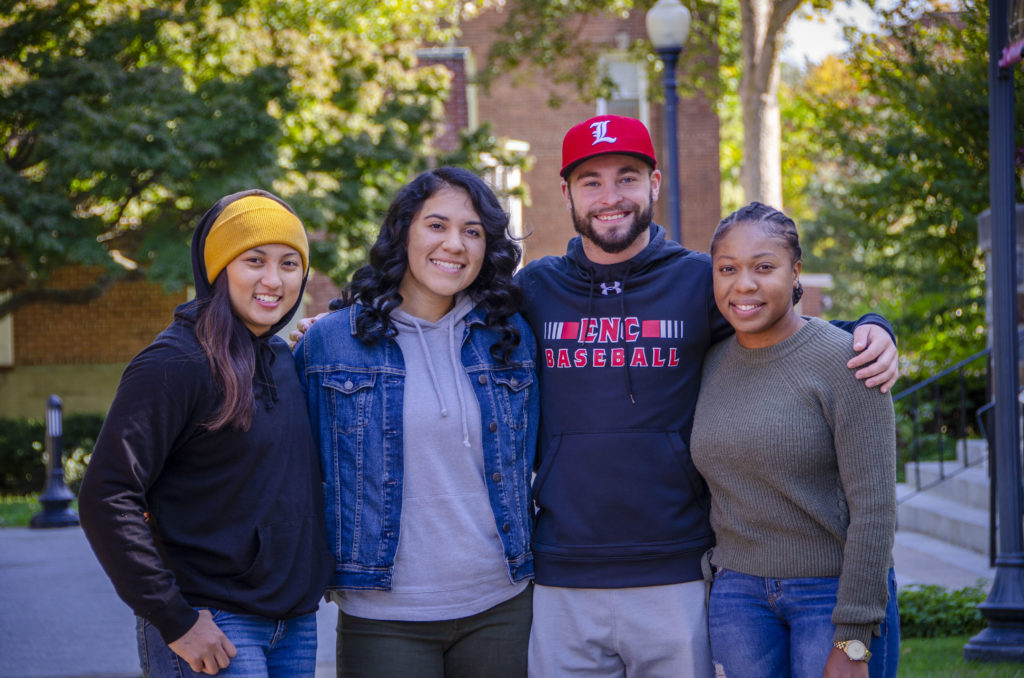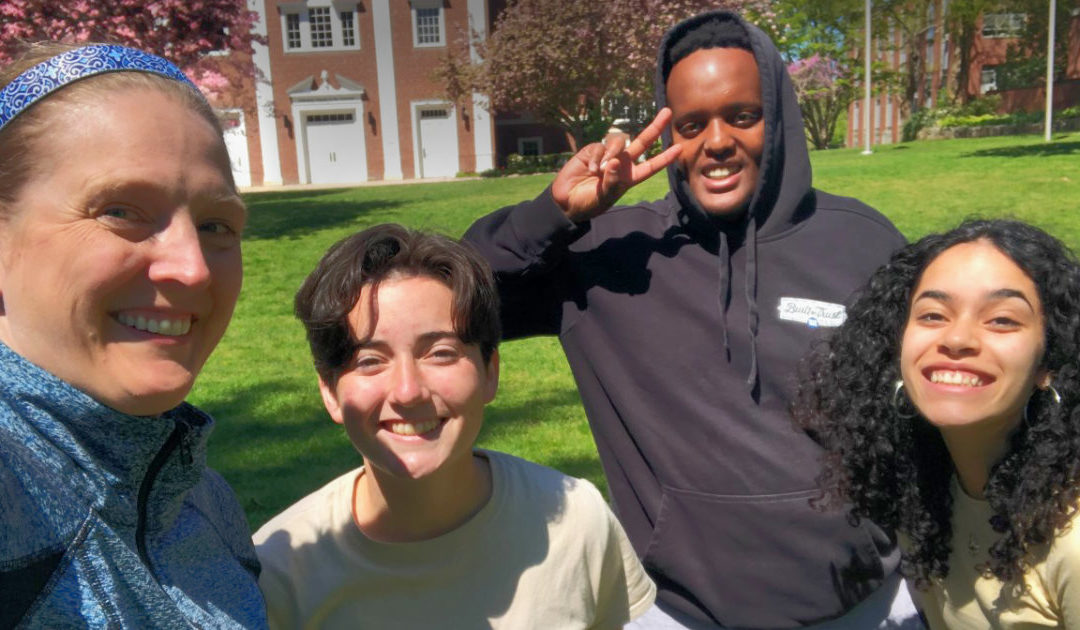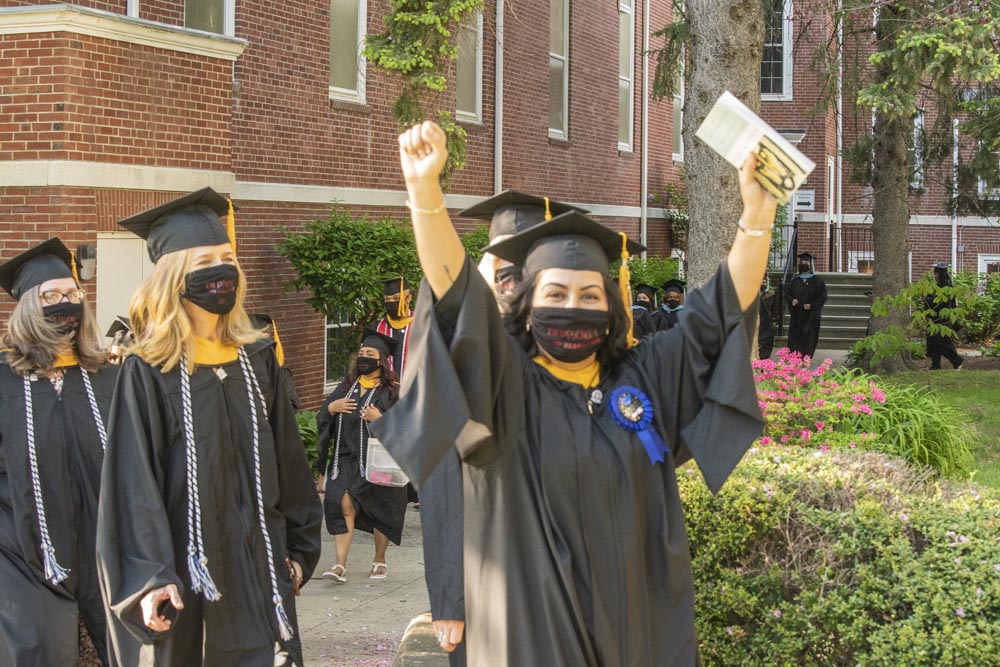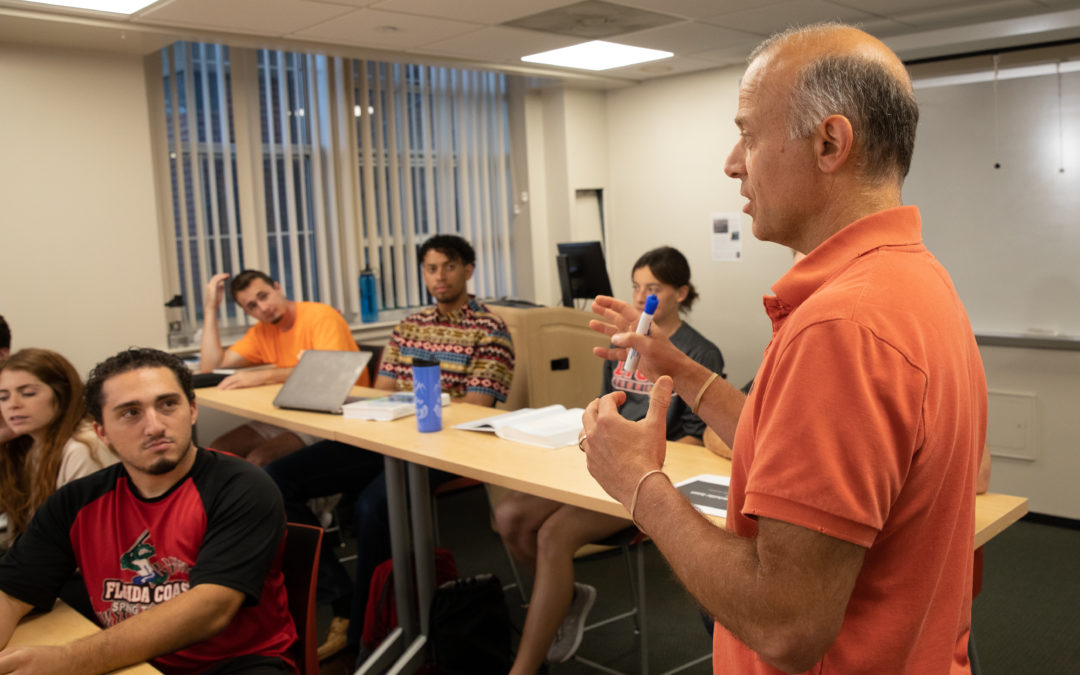The inner drive toward earning a criminal justice degree looks different for everyone. Some see injustice or lawlessness in the world and want to do something about it. Others are driven by personal experience.
Whatever drives you, an exciting career path in crime, law and justice awaits!
There is likely far more that you can do with a criminal justice degree than you imagine. You may hear the term “criminal justice” and think of a specific job, like “police officer.” But law enforcement is just one slice of the pie.
This area covers a lot of ground, including studies of:
- History (foundations of our legal system)
- Government (administration and oversight)
- Politics (how laws are passed, public and private influences)
- Criminal Law (federal, state and local codes, criminal defense and prosecution)
- Law Enforcement (state and local police, FBI and other agencies)
- Corrections (prison systems, probation, parole, etc.)
- Psychology (the study of criminal behavior, prevention and rehabilitation)
- Sociology (forces that drive criminal behavior on a societal scale)
- Victim Advocacy (amplifying the voices of victims in courts, government, etc.)
And that’s not even a complete list!
What You Learn in a Criminal Justice Degree Program
To sort all this out, we divide this area of study into four focus groups, or “tracks,” here at ENC. (There is a fifth, a General Track that covers pieces of all the others.)
This isn’t the only way to organize all of what learning about criminal justice can entail, but it may help you narrow down what you’re interested in studying.
Advocacy
This track focuses on the needs of, and available resources for, people who:
- Have been hurt by someone who committed a crime (often children).
- Committed a crime and are working to make amends.
- Suffer under broken systems and unjust policies.
It prepares you for careers such as victim advocacy, child advocacy, juvenile probation, immigrant advocacy, and prisoner reentry into the community.
Law Enforcement
If you’re interested in this area, you’ll need to learn a diverse set of skills to protect communities, state roads or other jurisdictions effectively:
- Communication between diverse groups of people (race, ethnicity, age, religion, etc.).
- A basic understanding of the psychology of human behavior (criminal, victim, etc.).
- How to effectively and ethically apprehend or supervise offenders.
- Application of legal knowledge to aid prosecution of offenders.
This prepares you for a wide range of public service careers from police work to corrections, a federal agency like the FBI, ATF or CIA, or similar field.
Legal
This area focuses on knowledge of the law, the court system in which crimes and civil offenses (such as lawsuits against companies, family disputes, etc.), and how the legal system interacts with law enforcement, corrections, and other political systems. You learn about:
- How to apply critical thinking and logic to building a criminal case.
- The psychological drivers of behavior (criminal, victim, bystander, Good Samaritan, etc.).
- Working with law enforcement and other government agencies in pursuit of justice.
Typically, this is the track you want to be on if you’re interested in going to law school after earning your undergraduate criminal justice degree (pre-law).
Psychology and Social Relations
There is definitely some overlap between this track and others, because psychology is so central to the pursuit of justice. But here, you go deeper into understanding human behavior, studying:
- Psychological diagnoses that can be associated with danger to self or others.
- Procedures to address mental health concerns for people within the criminal justice system.
- The effects of trauma in victims, witnesses and offenders themselves.
This knowledge, combined with courses on the workings of the criminal justice system, prepares you for a career in mental health counseling, social work, sociology and similar areas, with a special focus on how to apply them to criminal justice.
Jobs You Can Get with a Criminal Justice Degree
There are so many career paths you could take, we’re not going to list them all here. Let this get you thinking about what you might do professionally. Some of these jobs might surprise you. (Note that some of these require graduate studies beyond your undergraduate degree.)
Advocacy
1. Court Advocates
Attends hearings to support victims in court. This includes CASAs, or court-appointed special advocates, who work with children in the foster care system.
2. Parole Officer
Supervises people who have been released from prison early and supports their successful reentry into the community.
3. Probation Officer
Responsible for people who have been sentenced to supervision rather than imprisonment and provide a positive influence.
Law Enforcement
4. Computer Crimes Investigator
Also called computer forensics investigator, searches for and analyzes information to uncover data theft, assist with data recovery, etc.
5. Conservation Warden
Also called a game warden or wildlife officer, enforces laws that protect natural resources, animals and people on public lands.
6. Correction Officer
Enforces the rules and regulations in a prison (or perhaps a local jail) to maintain order and safety.
7. Counter-terrorism Investigator
Investigates suspected terrorist groups, reports findings to various government agencies to aid in their arrest.
8. Homicide Detective
Investigates murders, obtains arrest warrants, makes arrests and testifies at criminal trials of murder suspects.
9. Police Officer
Maintains peace and order in a community, issues tickets for minor offenses (like speeding), makes arrests and testifies at criminal trials.
10. Secret Service Agent
Besides being the most famous job of protecting elected officials in the federal government, they investigate and prevent financial crimes such as identity theft and payment fraud.
11. U.S. Marshal
Best known for tracking down fugitives from federal prison, also protects federal judges and people in the Witness Protection Program.
Legal
12. Attorney
Advises private clients on a broad range of legal matters from criminal defense to family law, corporate liability, etc. Represents governments in prosecution or defense.
13. Paralegal
Assists attorneys with the administration of a legal practice such as preparing documents and filing them with the court.
14. Public Policy Analyst
Conducts research (often surveying the public) and applies an understanding of the law to suggest changes to public policies and laws. Often work for “think tanks.”
Psychology and Social Relations
15. Correctional Treatment Staff
A specialist who identifies the physical, social-emotional or mental health needs of offenders and refers them to appropriate programs or provides direct counseling.
16. Criminal Psychologist
Studies the behavior of criminals and applies research findings to assist in the apprehension or prosecution of offenders.
17. Juvenile Court Clinician
Provides mental health services to juvenile offenders who do not have access to services by any other means.
18. Residential and Transitional Program Coordinators
Specializes in helping offenders obtain housing and employment after being released from prison. May work with the parole officer if applicable.
19. School Adjustment Counselor
Focuses on the mental health needs of students, sometimes with a focus on preventing criminal behavior.
20. Social Justice Grassroots Program Developer
Applies their knowledge of public policy, law, and the criminal justice system to educate and organize a community around a specific political action.
Why Get Your Criminal Justice Degree from Eastern Nazarene College?
For one thing, every career listed above – or something close to it – represents an ENC student success story. In many cases, several stories.
Our Crime, Law & Justice major offers a deep dive into the various ways American government, courts, law enforcement, corrections and related systems work, and all the ways they need committed, ethical professionals to help them work better.
If you feel like this is your calling, we would love to meet you! Learn more about what you’ll ENCounter when you pursue a criminal justice degree or related degree at Eastern Nazarene College.







